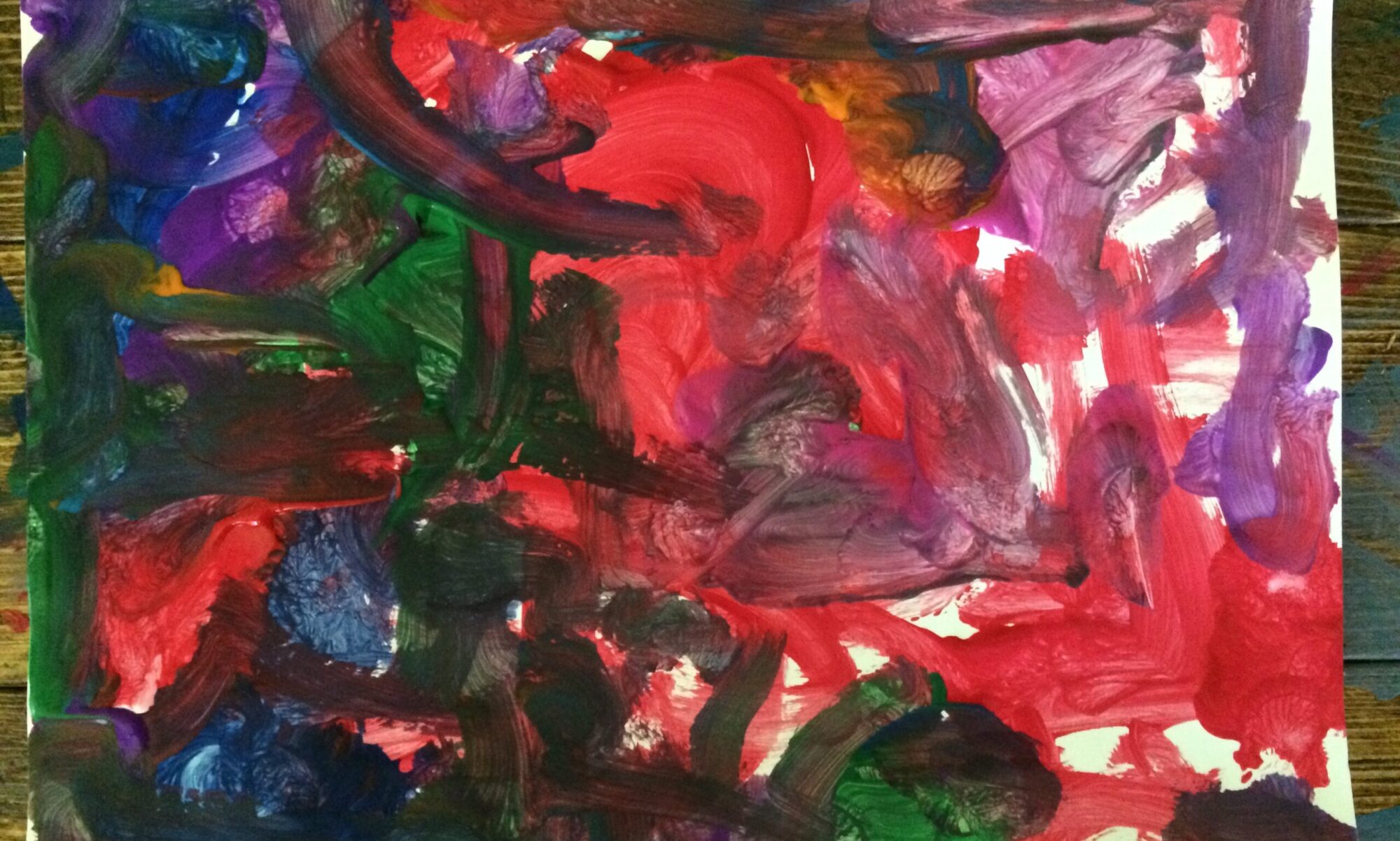Years and years ago, a number of things happened that were interrelated in ways I wouldn’t know at the time, or till many years later: I went on a trip to New York City to visit friends and see the Jackson Pollock retrospective at MOMA and returned to Iowa City two weeks into the semester and talked my way into a class I didn’t need to take, except for health insurance reasons, where I first met my son’s father; the UI chapter of Students Against Sweatshops was formed by two journalism graduate students whom I’d later join for happy hour every Friday so we could trash the Wall Street Journal editorial page and generally rant; I was rejected from a cooperative house in town and from a room I tried to rent at a house out in the country; I read Chelsea Cain’s first book, Dharma Girl, which is set in Iowa City and is full of places and people I knew; and I first heard the music of John Prine because I went to the Iowa City Public Library to check out a CD set of his so I could listen to the song she quotes in the book:
Blow up your TV, throw away your paper
Move to the country, build you a home
Plant a little garden, eat a lot of peaches
Try and find Jesus on your own
John Prine, “Spanish Pipedreamâ€
A year or two later the New Pioneer Coop made a big handwritten sign that hung in its window with those lyrics, advertising the arrival of peaches, and I didn’t even mind that it was advertising, I guess (or think about the copyright implications, because one of the things that hadn’t occurred to me at that point was becoming a librarian—although I learned tonight that John Prine grew up a suburb away from the first library where I ever worked), because it was the coop, the place where my friend’s mom had a credit union account back in the days when the coop ran its own credit union; the phone where I called her the day I moved back to Iowa City from Indianapolis and she said there was a meeting that night to talk about what was happening in the Persian Gulf and did I want to come (and thus I became a founding member of Operation US Out) and where years later I called the man who would become my son’s father the morning after our arrest at the sit in, because those were the days before cell phones, when I still knew people’s phone numbers by heart.
Tonight I learned that John Prine has died, and like many, I am grieving. And then I read my friend’s post about voting in Milwaukee, where two out of five polling places were open today, and cried some more, because I, too, come from generations of civic nerds and election workers, and because, as many of you know, voting is important to me.
The Jackson Pollock poster I picked up at that MOMA exhibit and which my grandmother had framed for me now lives in my library’s circulating art collection, and you can borrow it to hang on your own wall, at least in normal times. It’s been years since I read Dharma Girl, but it still sits on my shelf, and I quoted from it in the account I wrote of the SAS sit in a year later. I’m Facebook friends with Thisbe Nissen, a wonderful writer who lived in the farmhouse a few years before I tried to become a housemate there, one of my former coworkers lived for a time not only in the coop house from which I was rejected by in the very room I was going to get, which faced the house where I rented an an apartment my last two years of graduate school, the years when I had drinks with my SAS founder friends, one of whom often quoted “Your Flag Decal Won’t Get You Into Heaven Anymore†but who, as a Kentucky native, most loved “Paradise,†and where every day I walked past a house owned by one of the people in Dharma Girl.
In the back of my cupboard are two jars of peaches I canned when I lived in Wyoming and on a whim bought a 30 pound box of peaches from Colorado from a man selling them out of a truck. Tonight I’m sitting in my living room sofa with my son and my mom, and I’m thinking about all the people grieving out there, and all the names of the dead we will never know. I don’t know how all these things add up, and it occurs to me that I am here doing nothing but rewriting a small tiny version of Joan Didion’s “The White Album,†which begins “We tell ourselves stories in order to live†and ends with her saying she often reflects on the things of her life “but writing has not yet helped me see what it means.â€
